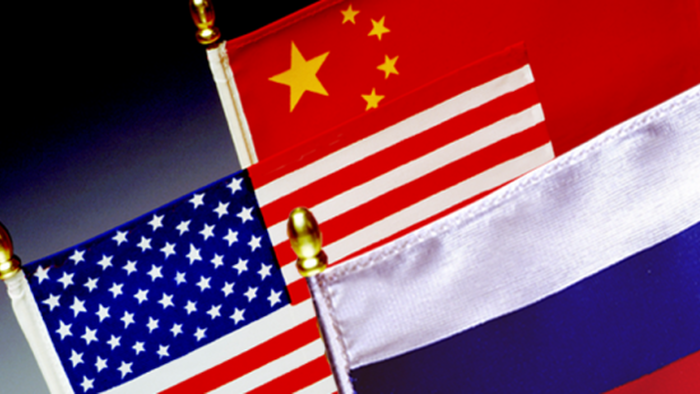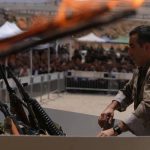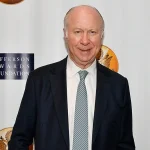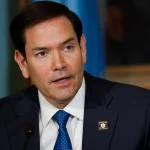A major declaration on the avoidance of nuclear war was issued Monday by the five permanent members of the United Nations Security Council in the form of a joint statement. Importantly, it included both the United States and Russia, as well as China. This as the question of nuclear reduction has been source of icy tensions between all three large powers of late.
“We believe strongly that the further spread of such weapons must be prevented,” said permanent UNSC members China, France, Russia, the UK and United States. It added: “A nuclear war cannot be won and must never be fought.”
Further it contained a pledged among members for each to “strengthen our national measures to prevent unauthorized or unintended use of nuclear weapons.” Crucially the statement comes after the collapse of key Cold War-era arms control treaties, especially the 1987 Intermediate-Range Nuclear Forces (INF) Treaty signed between the Soviet Union and the US.
It also comes as China has lately been resistant to Biden administration efforts at initiating bilateral nuclear arms control and reduction talks. Beijing has just this week issued a call for the superpowers of the US and Russia to reduce their own massive stockpiles first, as a sign they are serious about entering such talks involving China, which currently doesn’t have more than a few hundred, compared to Washington and Moscow’s thousands.
“As nuclear use would have far-reaching consequences, we also affirm that nuclear weapons — for as long as they continue to exist — should serve defensive purposes, deter aggression, and prevent war,” the statement reads. It also asserted that the “spread of such weapons must be prevented” and reaffirmed UNSC members’ obligations under the Non-Proliferation Treaty (NPT).
As Beijing likes to point out on this issue of “defensive purposes” – it’s only China and India that currently have a ‘no-first-use’ nuclear policy. UN Secretary-General António Guterres in making the announcement of the joint statement emphasized it was precisely toward preventing a nuclear arms race among rival powers.
In a joint statement, China, France, Russia, the UK and the USA “affirm that a nuclear war cannot be won and must never be fought”.@UN chief @antonioguterres is encouraged by the nuclear-weapon States’ commitment to pursue measures to prevent nuclear war https://t.co/gJkI51rxrH
— UN Human Rights Council (@UN_HRC) January 4, 2022
In November, following the Biden-Xi remote summit, where nuclear proliferation was discussed, national security advisor Jake Sullivan had described that Biden “did raise with President Xi the need for a strategic stability set of conversations around the sorts of issues you just described… that needs to be guided by the leaders and led by senior empowered teams on both sides that cut across security, technology and diplomacy,” according to FT.
Among the list of nuclear-related issues that is perhaps keeping Pentagon generals up at night remains both China and Russia’s rapidly advancing hypersonic missile capabilities. While Russia has appeared to be most advanced in this area, how far China’s program is along remains a bit of a mystery, with reports alleging last summer a groundbreaking successful China hypersonics flight and test.











